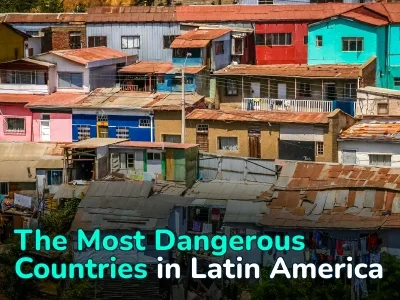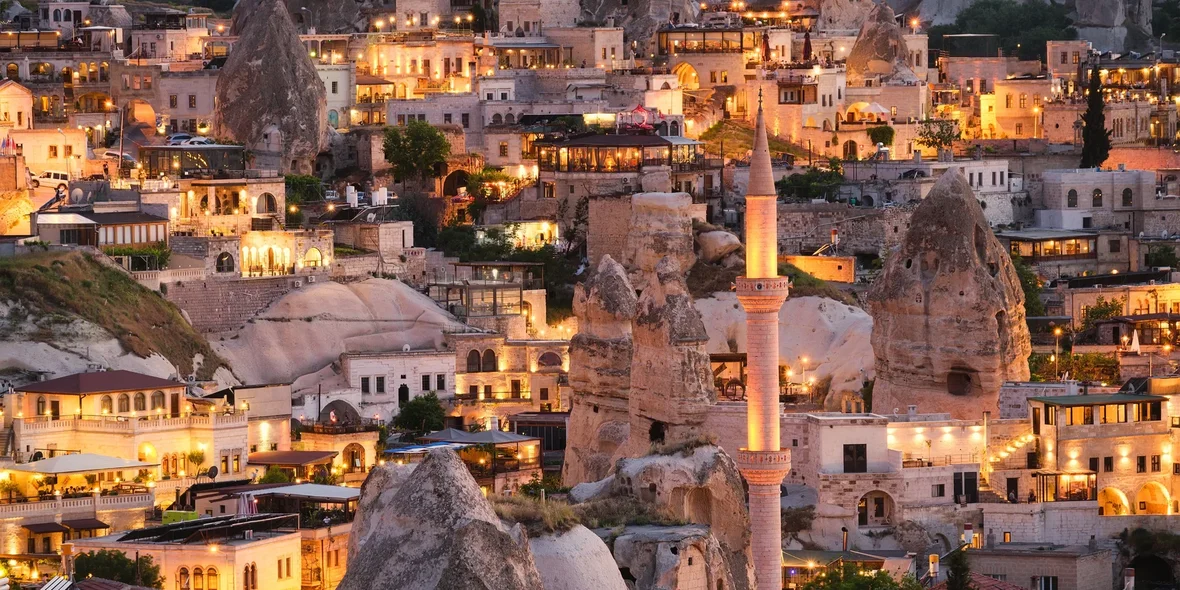
10 years of Living in Turkey: a Realtor on How the Country and Attitudes Towards it Have Changed Over the Years
I never thought in my life that I would live abroad, says Anna Etiz, who has lived in Turkey for over 10 years. In this interview, she told us about her path from a correspondent in Chelyabinsk to a realtor in Izmir, shared her impressions of life in different Turkish cities, and also compared the cost of living and its standard before and after moving.
I never thought that I would live abroad.
About Moving and Career
— My name is Anna Etiz, and I am 39 years old. I currently live in Izmir and am a licensed realtor — I work directly with foreigners. I have been working in real estate in Izmir for about three years — before that, I worked in the same field in Alanya.
According to Turkish law, it is necessary to undergo training and pass a certain exam in Turkish to be able to, for example, open your own company for real estate activities. I cooperate with a licensed, largest company in Izmir, Coldwell Banker, opened under an American franchise.
In addition to working as a realtor, I am a blogger. I have channels on various platforms, including YouTube and Instagram. Now I am also starting to promote myself in VK video and TikTok.
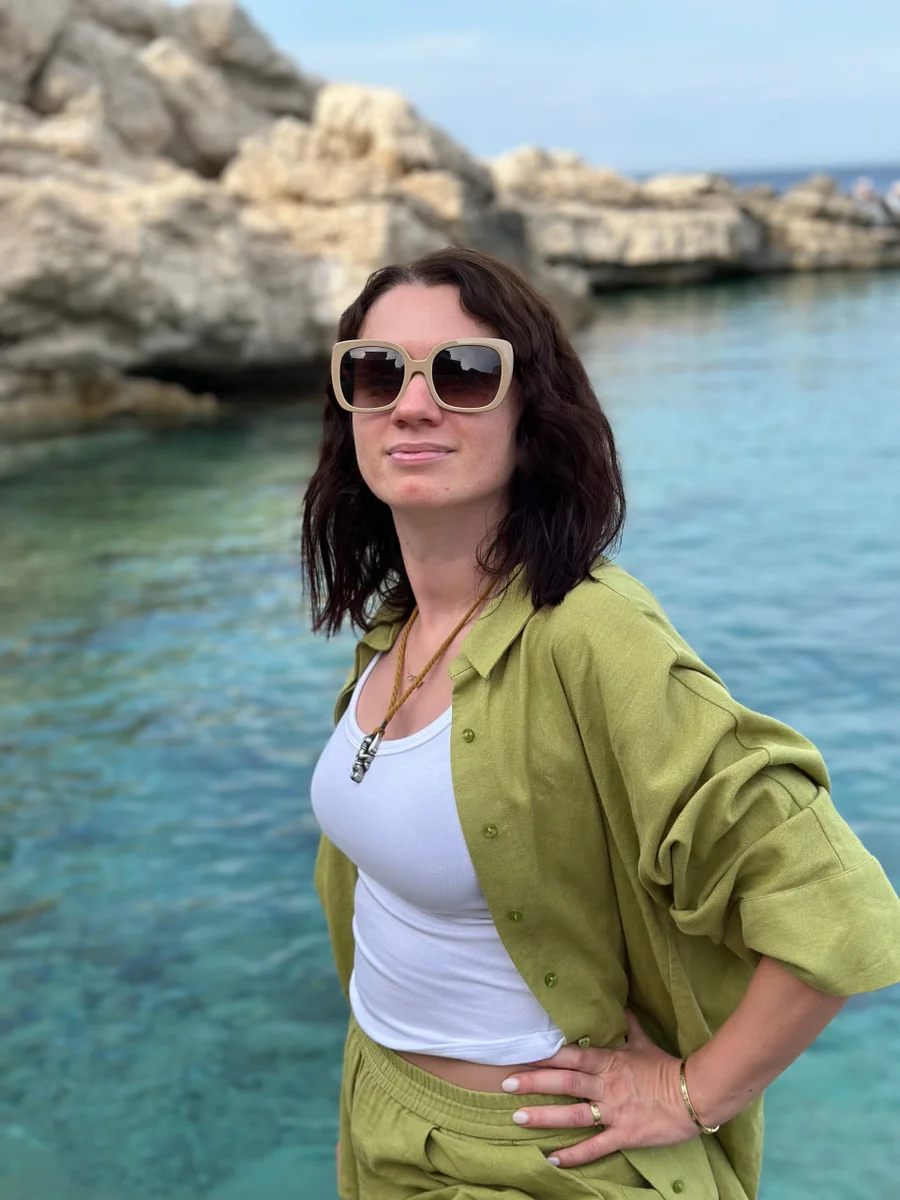
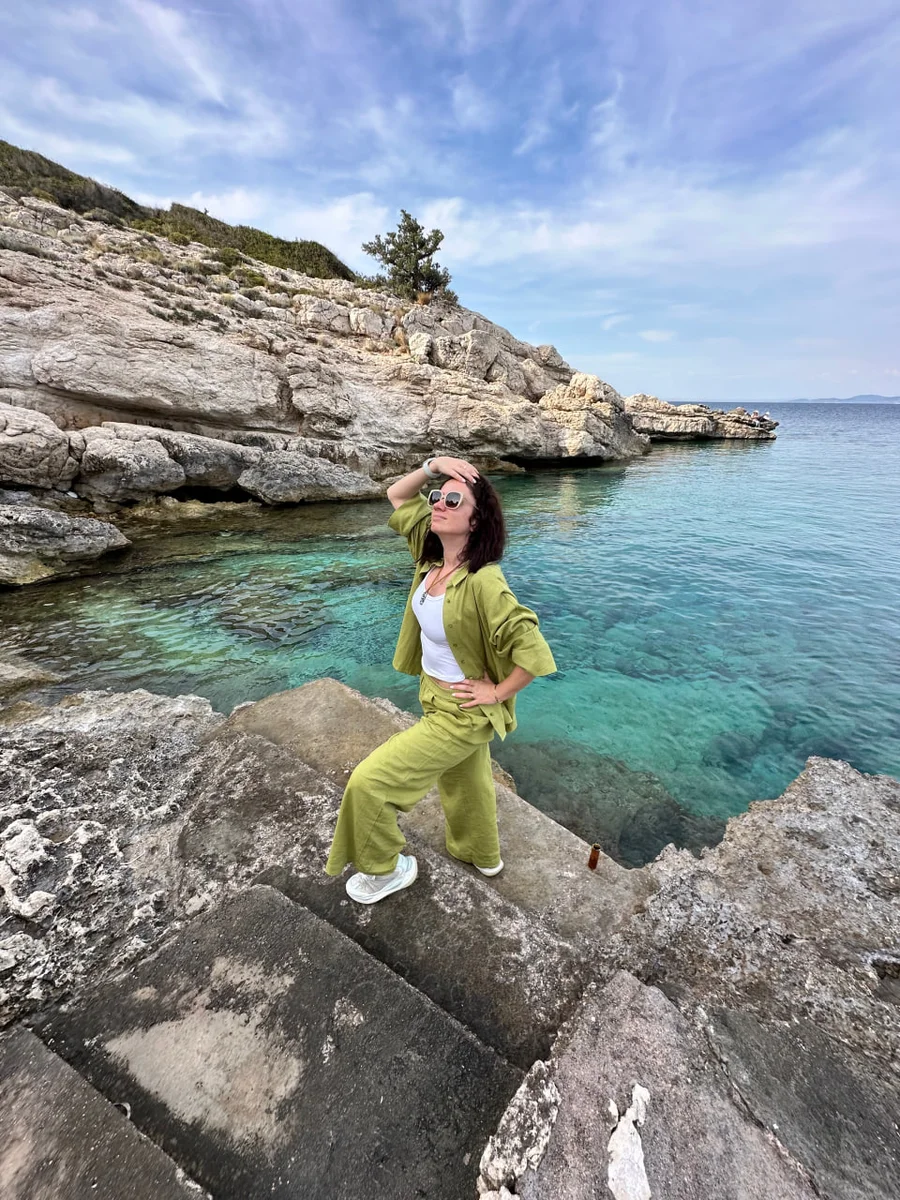
— I never thought that I would live abroad, although I dreamed of living by the sea. In 2007, I graduated from the journalism department of the South Ural State University in Chelyabinsk. After that, I worked on television, internet portals, newspapers, and magazines.
In 2009, I went on holiday to Turkey for the first time, to Marmaris, and I really liked the country. In 2010, I came to Kemer for a holiday, and then the idea of trying to live here settled in my head — I felt at home.
In the winter, on the eve of 2011, I had an interview at a travel agency for the position of transfer guide. When I told my colleagues at work in Russia about this, everyone was shocked. Turkey was not as popular as it is now, it was not fashionable to move here, there were many stereotypes, etc.
As a result, I worked in tourism for 4 years, during which I managed to work as a transfer guide, a shopping guide, and a hotel guide. In general, I went through all the steps of the career ladder. However, in 2014, there was a crisis and a sharp jump in the dollar against the ruble, and our company closed as a tour operator.
And then the question arose: either go to another company or act independently. And my friend and I decided to move to Antalya and find a job. This happened in 2015. There I worked for a short time in a hotel, and then I was invited to work on promoting a large real estate agency in Alanya. I was busy filling the site, writing news, and filming videos for YouTube. That's when my career in this field began.
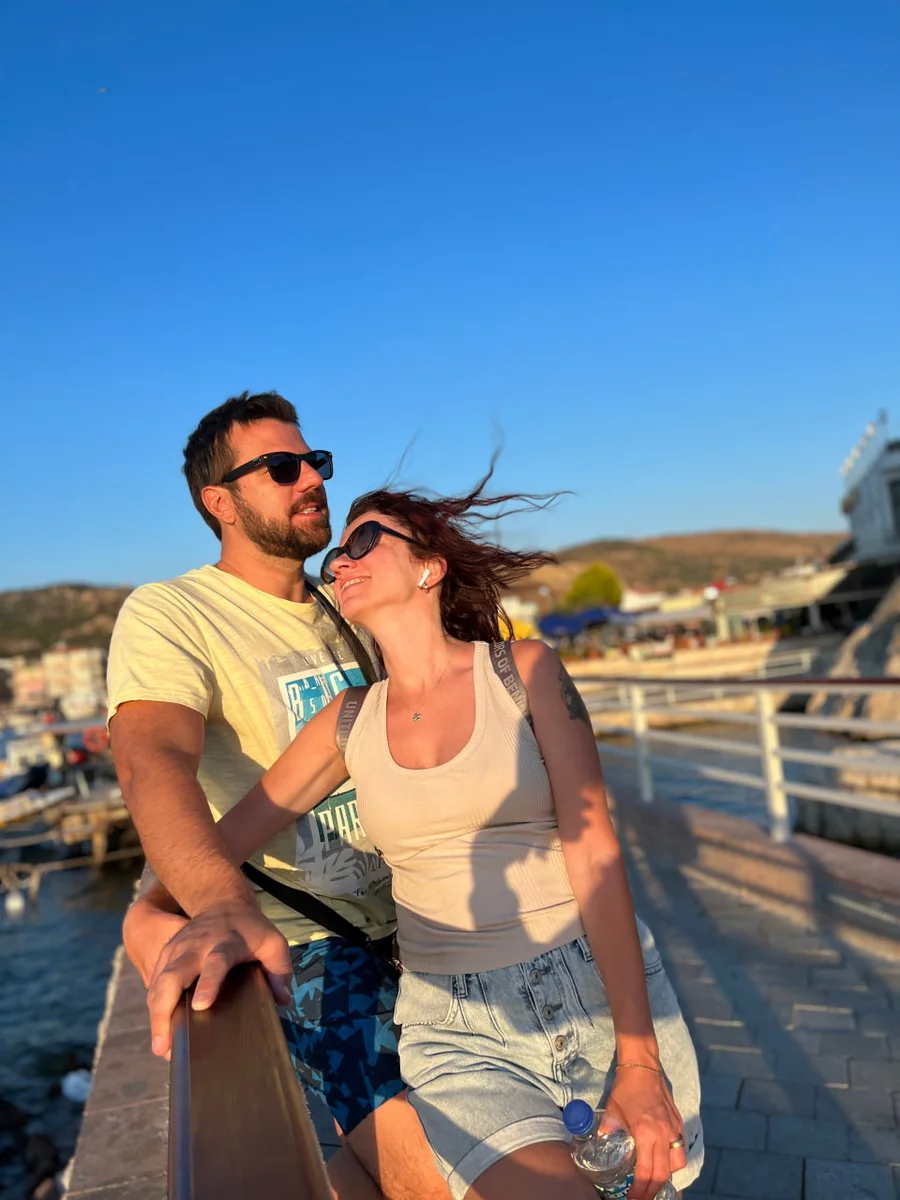
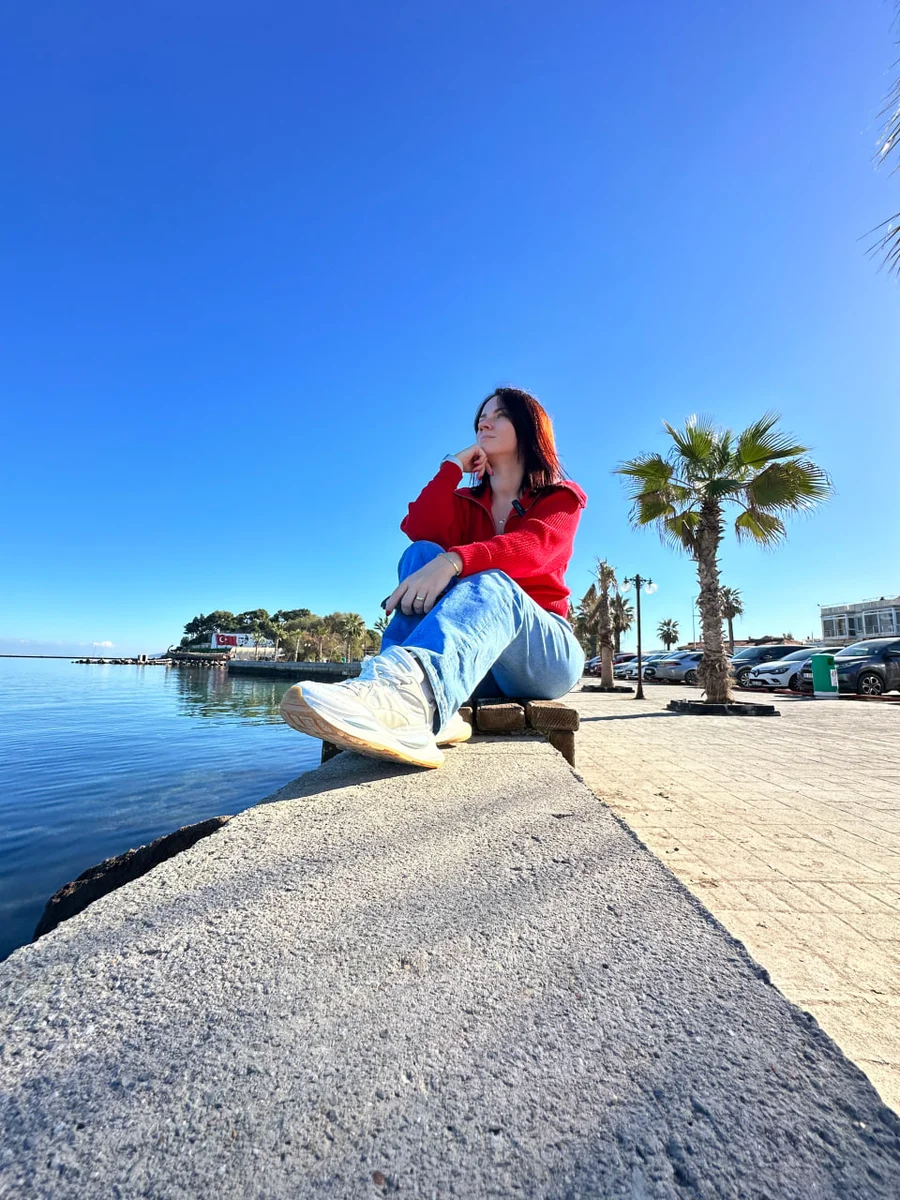
About Obtaining Citizenship and Life in Izmir
— I have been living in Izmir since 2017. My husband is from this city, so I decided to try to move to him.
At first, it was hard for me to get used to Izmir because it is a completely different city compared to Antalya and Alanya, where I had lived before. If the majority there spoke Russian and Turkish was not so obligatory, then here everything is completely different — this is not a tourist city at all, even though it is located on the Aegean coast. There is a bay here, which, unfortunately, is dirty, and you can’t swim there. There are a huge number of towns scattered throughout the Aegean coast that belong to the Izmir district. And this is, in fact, incredibly beautiful.
Therefore, the city is visited mainly by Europeans who come on excursions to the huge number of monuments of ancient architecture that surround Izmir. The two most famous of them are Pergamum (aka Pergamon) and Ephesus. The magnificent Aegean Sea begins 30–40 minutes away from the city.
Overall, it is a fairly European, free, and non-religious city. There are a lot of people from the Balkans here, so people of Slavic appearance, for example, will not stand out from the crowd here.
So, it was in Izmir that I learned Turkish, and now I speak it fluently. I have the opportunity to watch the news, read analytical articles, and so on. I understand perfectly what people around me are saying.
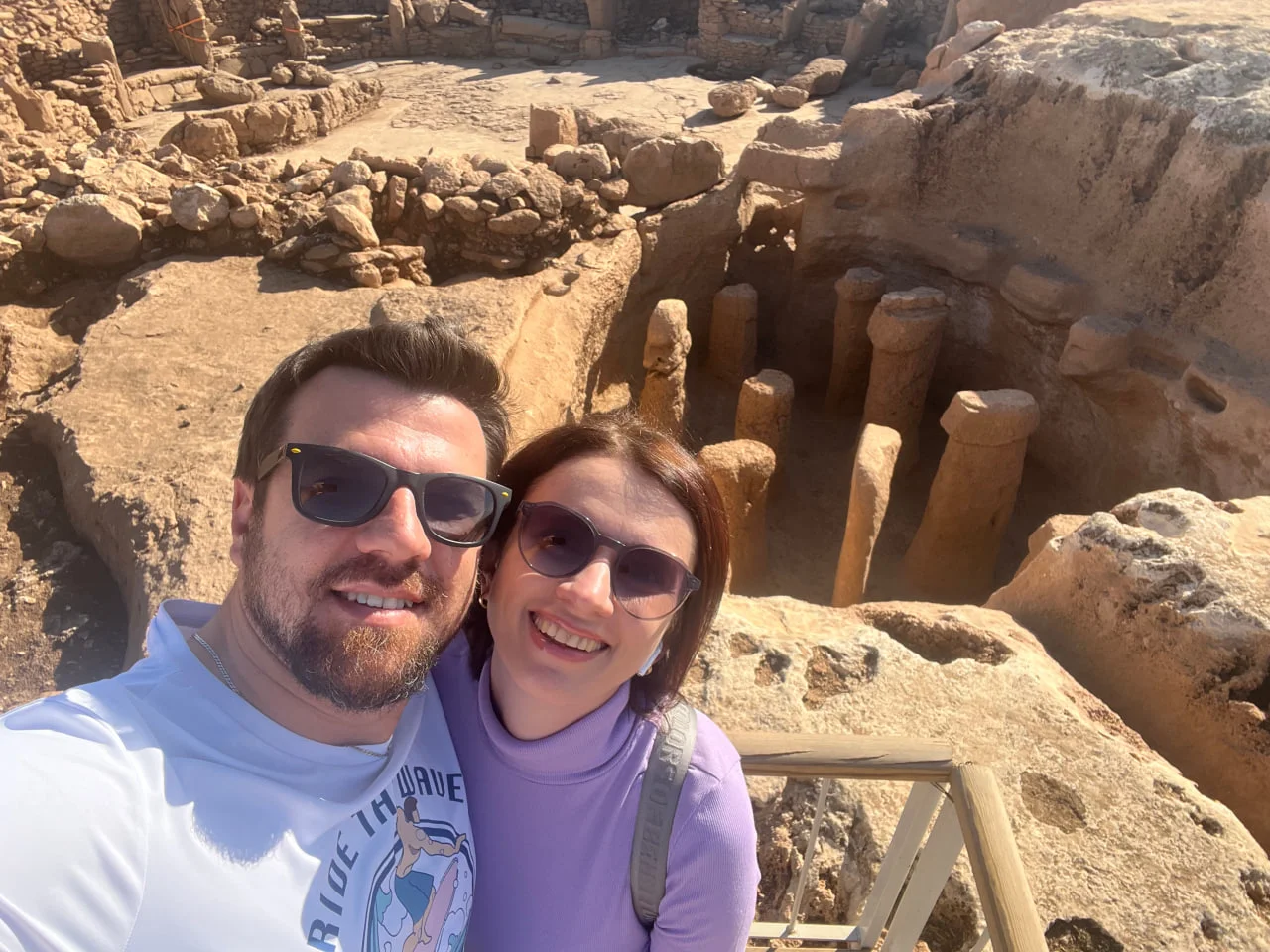
— I received citizenship through marriage. Nothing was required of me for this, except for three years of marriage to my husband. After that, we applied for citizenship, and less than a year later I received a Turkish passport.
There are other ways to obtain citizenship. One of them is citizenship by investment. Today, you need to purchase real estate for a total of $400,000 of cadastral value, and then apply for citizenship with a lawyer. In Izmir, consideration of such an application takes about a year.
Another way is citizenship by permanent residence in Turkey for five years by purchasing an apartment worth $200,000. You get a residence permit under TAPU (a document confirming the right of ownership in Turkey) and must live here continuously for 5 years, leaving the country for a total of no more than 180 days.
There are many more ways, but these are the most popular.
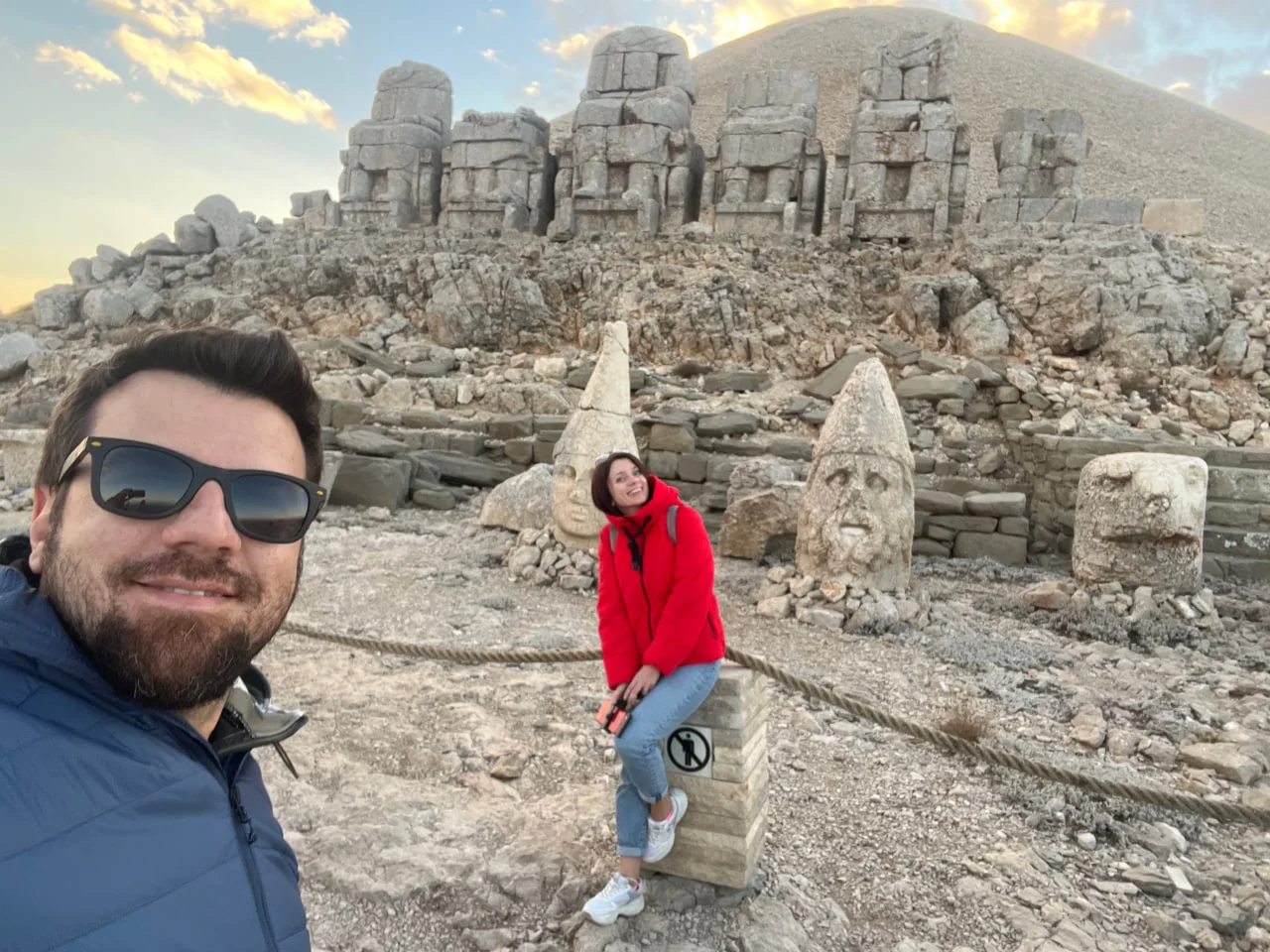
— Speaking about citizenship, it is worth saying that it is not easy for a foreigner in Turkey without it, especially when it comes to finding a job. The thing is that a foreigner cannot just go and get a job somewhere — it is necessary to apply for a work visa. But not every employer wants to do this because, firstly, it is expensive, and secondly, they are obliged to hire five Turks for every foreigner.
However, of course, if you are a great specialist, you will always find a job. In the tourism industry, on the coasts, there is always a need for personnel with knowledge of languages. In large cities such as Istanbul and Izmir, if you know languages, you can get a job, for example, in the export sector. We have a guy we know who was engaged in the export of goods abroad for 5 years and then received citizenship on a work visa.
Turkey is truly an open-air museum.
About the Peculiarities of Life in Turkey and Safety
— There are many advantages to living in Turkey. Firstly, as I already said, I dreamed of living by the sea. Excellent climate, fruits, vegetables — for me, it’s like air.
Plus, I have allergies, and in my native Chelyabinsk I simply could not be in the summer, practically suffocating — I think this reaction was caused by wormwood or birch. And in Turkey, there is neither one nor the other. And this is, perhaps, one of the biggest advantages for me.
I love to travel and visit historical places, and Turkey as a whole is just an open-air museum. Traveling across the country from east to west, you can get to know a variety of cultures — from antiquity and ancient Rome to the Middle Ages, the Ottoman Empire, and European notes. These include the 12,000-year-old temples of Göbekli Tepe and Karadeniz on the Black Sea coast, where I dream of going. In general, these are literally lands that “breathe” history.
In short, I am in love with this country and its incredible beauty. It has everything: seas and mountains, rivers, waterfalls, caves — anything you can imagine. And all this can be seen literally an hour and a half drive away.
I also really like the responsiveness of the people here: no one will pass by if a person is feeling bad; they will always help and advise. But on the other hand, the Turks will never miss their advantage; they can also deceive. This is especially true for tourist areas.
The real estate sector suffers from this very much too. Many Turks try to sell some illiquid assets at a mega price to foreigners to get rich and make money. That is why I always advise contacting trusted realtors.
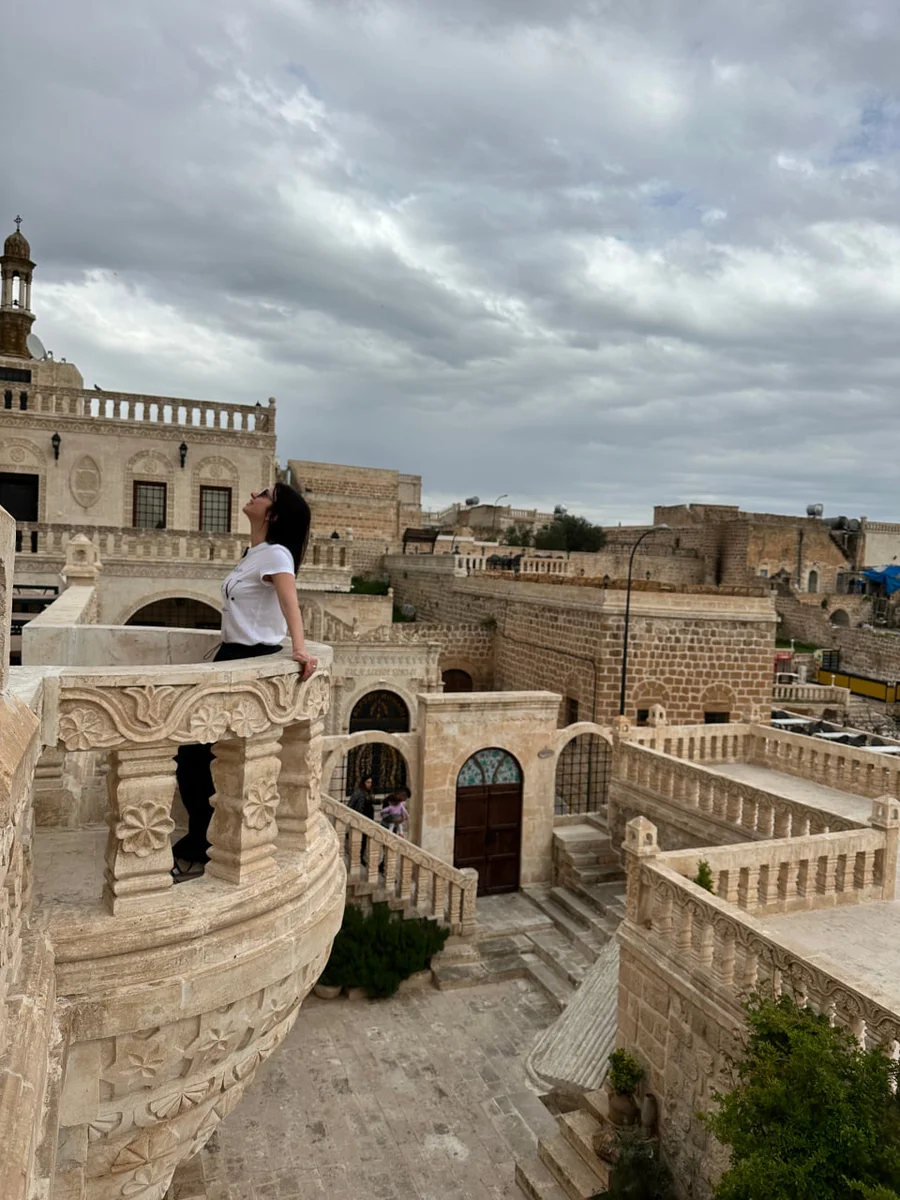
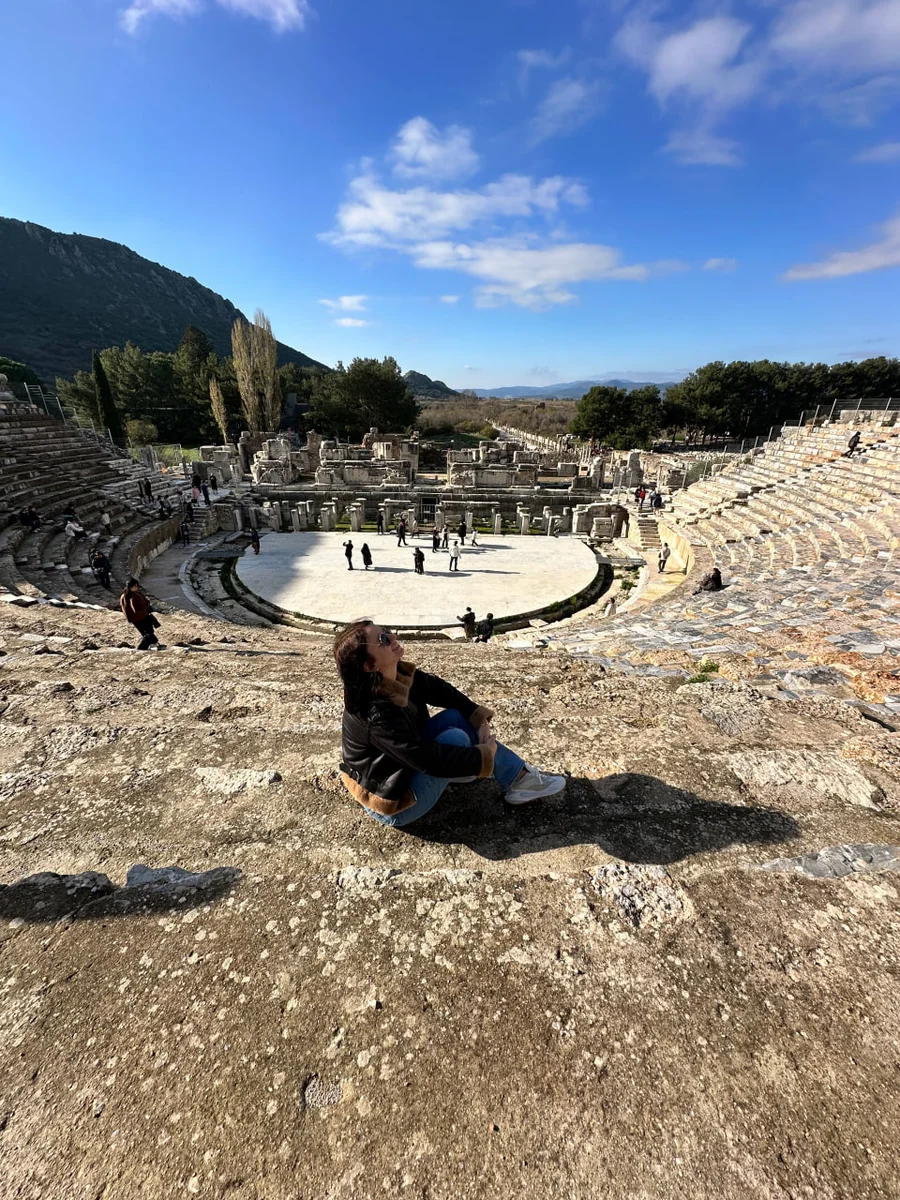
— Among the things that remain unacceptable to me is the lack of personal boundaries and the failure to respect these boundaries in others. For example, when you come to some institution, they may start asking you where you are from and inquire about some moments from your personal life. Here, people can come to visit without an invitation — for me, this is also very strange and unacceptable. I immediately voiced this to my husband, so there are never any uninvited guests in our house.
Turks are very hot-tempered and temperamental people. This applies, for example, to the situation on the roads. People drive here on some kind of intuitive level, but it is unclear how. To quarrel over someone honking at someone from behind, to start waving fists — this is, unfortunately, a variant of the norm here.
Plus, for people who are used to precision and punctuality, dealing with Turks will be unusual because they are sometimes completely unreliable — they can forget about agreements, not come to meetings on time, etc. However, I will note that in recent years, at least in Izmir, I have already observed a shift in this trend for the better — the same realtors in 90% of cases come on time and fulfill their obligations.
As for medical care, Turkey is good at surgery but not always good at treating. Operative surgery is at a very high level, and hospitals, even state clinics, are well equipped. However, the level of medical personnel in free clinics leaves much to be desired. Good doctors try to leave for private clinics, but private medicine is expensive here.
As for education, I can say that there are both state and private schools. There are private schools where teaching is conducted according to international systems or in foreign languages. As for higher education, you can enter a state university only thanks to your knowledge — you pass exams and, if you get enough points, you get into the chosen faculty. There is no bribery in the field of education.
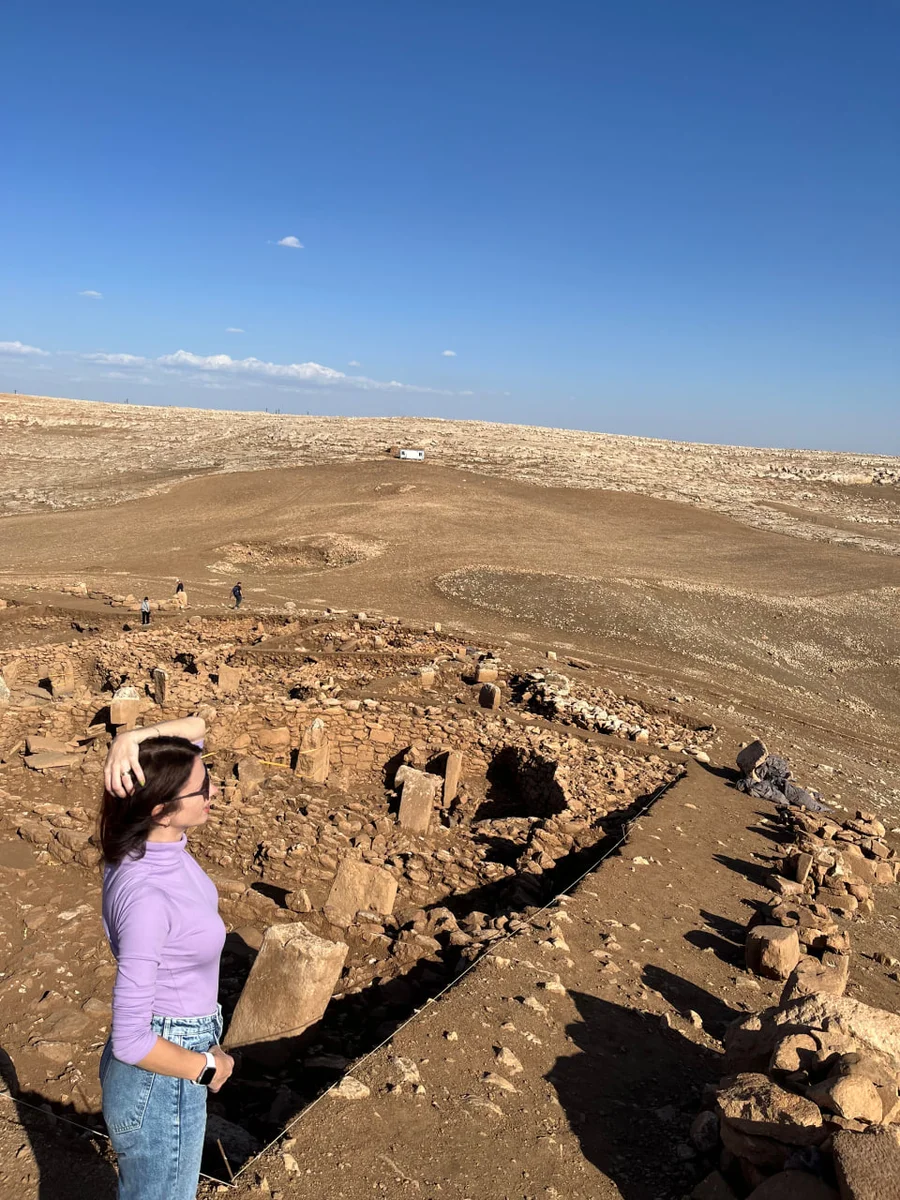
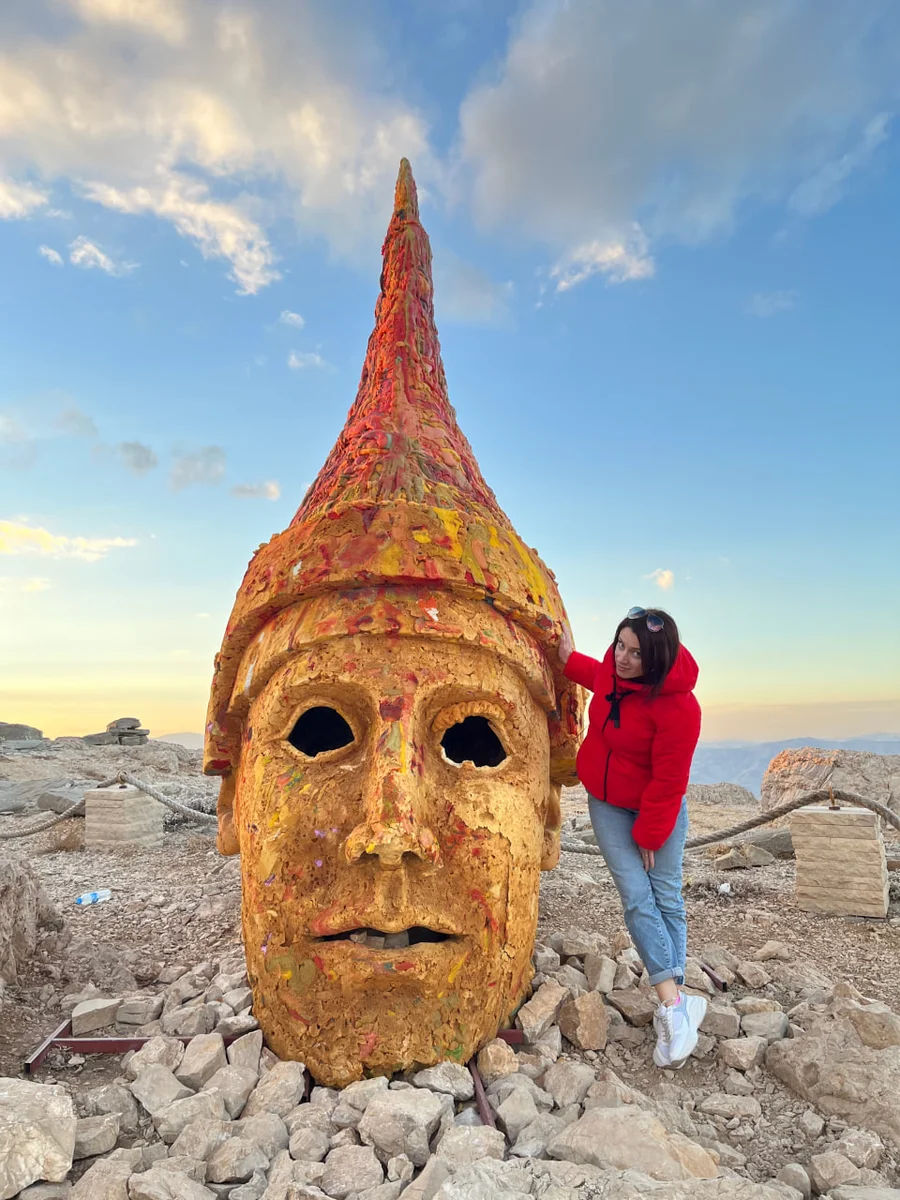
— As for safety issues, naturally, there is a crime here. There are no absolutely safe countries. Everything will depend on what area you live in. If it is a good area, then you will be comfortable walking there even at night. And there are areas where it is uncomfortable to be even during the day.
In Alanya, for example, it is much more comfortable in terms of safety, because there are more foreigners there. In Izmir, there are migrants from disadvantaged countries, but they usually cluster in certain areas. This can even be compared to Brazilian favelas. And although these areas are also trying to be improved and made safer, this takes time.
So yes, Izmir is a city of very contrasts, and I always say, especially to those people who are going to buy real estate here, that doing it on your own, without knowing the city, is very reckless.
If Turkey used to be a cheap country to live in, this is no longer the case.
About Prices and Standard of Living in Turkey
— Unfortunately, there is strong inflation in Turkey today — in general, the economic situation, like in the rest of the world, is not very favorable. It is better not to talk about prices at all because they are growing every day. For example, to fill a small car with gas, you need about 1600 lira (~$47). A manicure with Russian-speaking specialists costs about 800–900 lira (~$23–$26). For the Internet at a speed of 100 megabits per second, we pay about 500 lira per month (~$14.5).
For some people, 30–40 thousand liras (~$880–$1170) per month (the average salary in the country) is enough to live in Turkey, while for others, even 100 thousand will not be enough. For the two of us, it doesn’t come to less than 100 thousand liras per month (~$2900). But we are people who like to travel, can eat out a couple of times a week, and constantly buy things.
When I moved to Turkey, especially in 2011–2012, the economic situation here was just great. The dollar cost 1.2 lira; now it is about 35 lira. Back then, you could live on a minimum wage alone, and live quite decently. It's hard to imagine now, although many people, especially in small cities, really do live on the minimum wage.
For example, when I worked in a hotel, I worked a little more than the minimum wage. It was then, roughly speaking, 1500 lira, and I received 1600 lira.
8 years have passed, and the minimum wage is now 17 thousand lira (~$500). When I lived in Antalya, you could rent an apartment, eat, and save something for that money. Now you can hardly rent an apartment in Izmir for 17 thousand.
All this, naturally, has affected people's psychology. People are experiencing more stress and dissatisfaction with the government's actions, new laws, and taxes.
For example, in recent years, Turkey has introduced some crazy taxes. Among them is the mobile phone registration tax, which has risen to 40,000 lira (~$1170). That is, if you buy an iPhone in Russia and bring it here, after 4 months it will be blocked until you pay this fee.
Phones, cars, all imported cosmetics brought from abroad, all this is very expensive, unfortunately. And if earlier Turkey was a cheap country to live in, now everything is the opposite.
I really want to believe and hope that this period will soon end, the situation will stabilize, and life will become more comfortable.
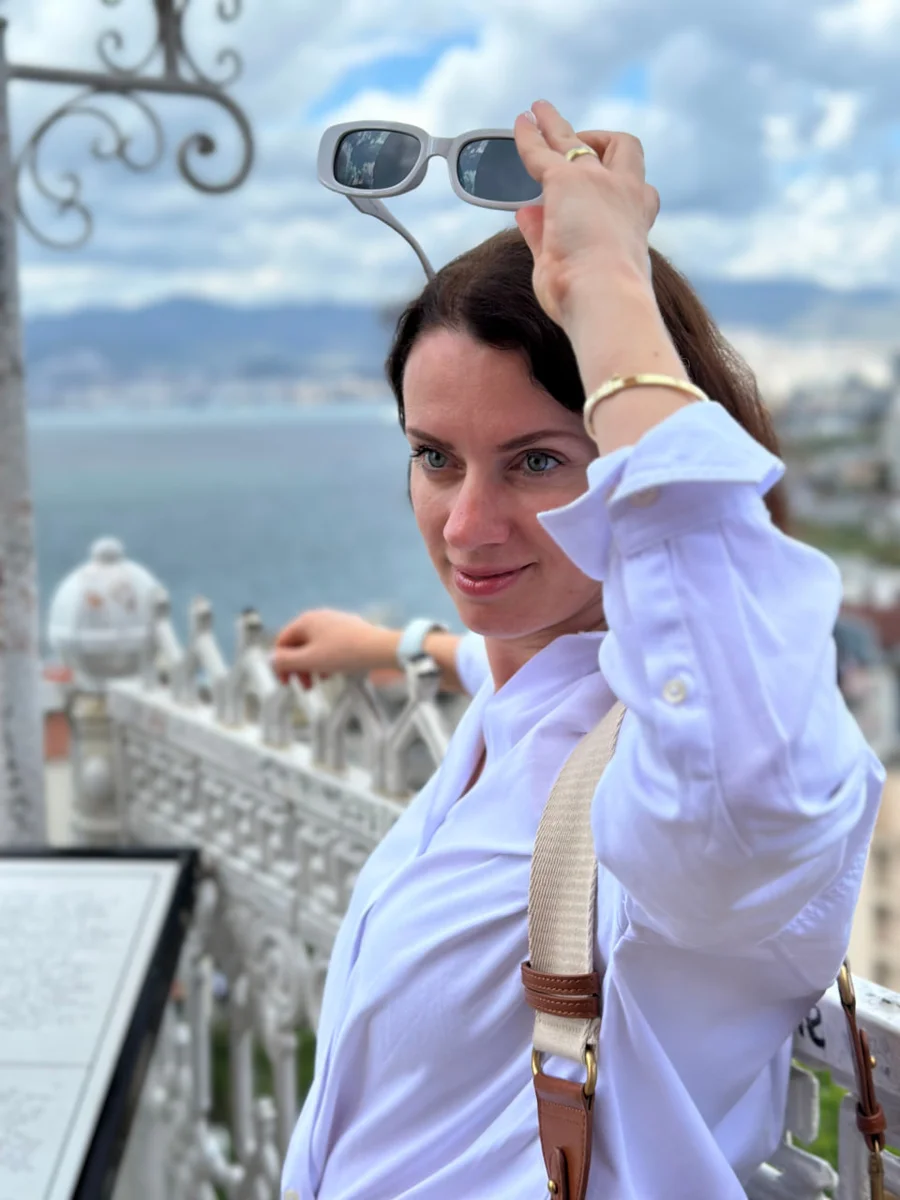
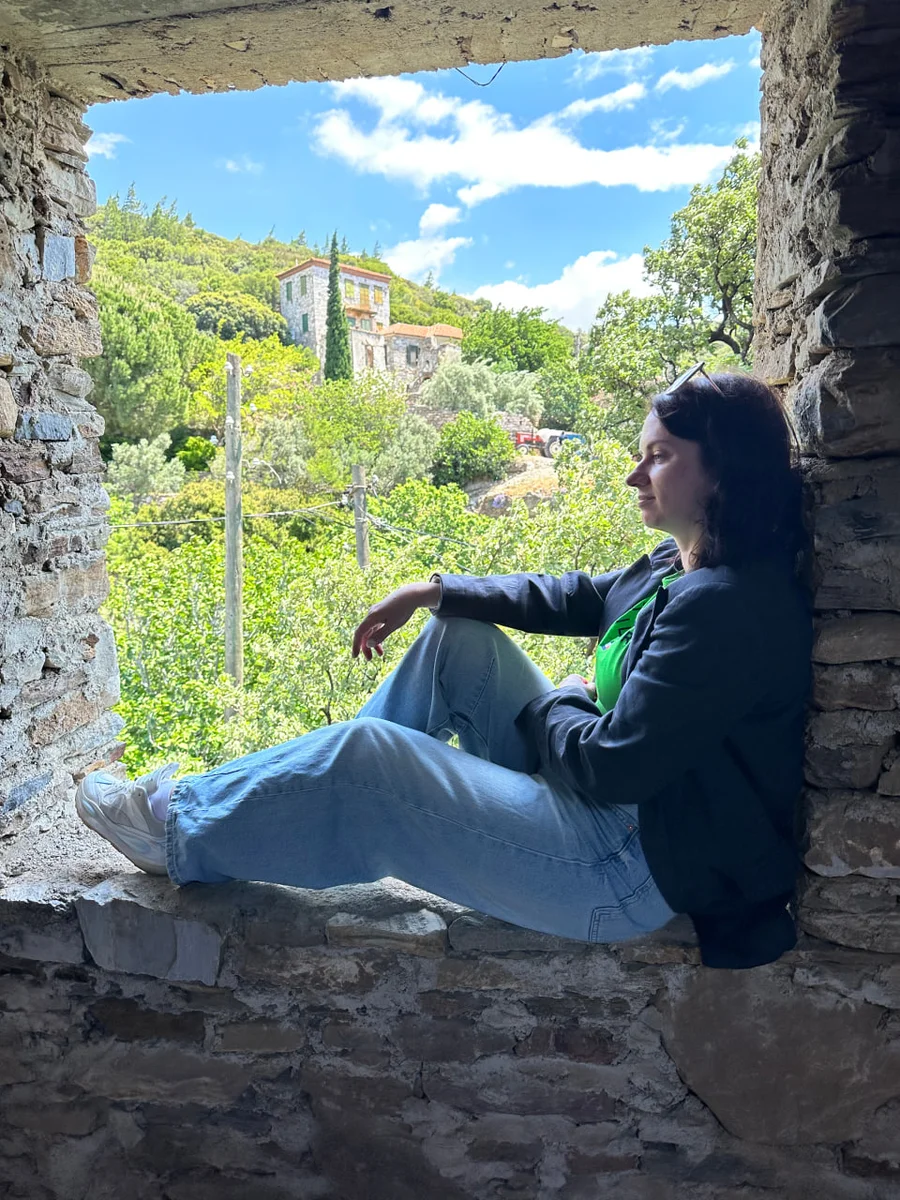
About the Turkish real estate market
— The real estate market is currently, in principle, in decline throughout Turkey. If we consider Antalya and Alanya, cities that were built entirely for foreigners, then the situation there is different. When the problems with the issuance of a Turkish residence permit, when prices went through the roof, demand from foreigners fell, and the market simply caved in.
Izmir has never been such a city. 4 million locals are living here, and the share of foreigners is very small. So yes, the real estate market is stagnant now, but this has nothing to do with foreigners — it has to do with high mortgage rates for the local population.
Now the prices of old housing are falling, it is becoming illiquid. The price of new housing is not falling; it is growing. Let's say that fewer apartments are being sold than a year ago, but if you buy an apartment in Izmir and then want to sell it, the Turks will buy it. I have investor clients who have several apartments, and we rent all their apartments to locals. They get a very good profit. In tourist regions, like Antalya and Antalya, properties can take a very long time to sell because there are no foreigners and the Turks are not buying.
Among the foreigners who invest in Izmir real estate and nearby areas, are mainly Europeans. The English are also actively buying. The Russian-speaking audience is also gradually beginning to discover this region. However, Izmir is still focused on local residents and will never depend on foreigners.
I will share with you a recent case. We and our Russian-speaking clients signed a contract with Turks who were selling their apartments for $250-$260 thousand (with the goal of buying more expensive apartments in a prestigious complex). So, there was a whole line to buy this apartment, and all those who wanted to were also Turks. We were lucky that we managed to come first and, without thinking, said “yes.”
There was a similar case when we missed an apartment like that — the Turks intercepted it. So there is always demand from the Turks. Good offers do not stand idle here.
As for the budget, the minimum amount for which you can buy something decent is $100,000. There is simply no cheaper, not counting some very remote areas where it would not be very comfortable to live.
Only move if you really like the country.
About Leisure and Favorite Local Food
— I love to travel. For me, it is important to have the opportunity to visit historical sites, and in Turkey, you can do this almost all year round. In the summer, we spend our leisure time at the sea — swimming, SUP surfing. In the cool season, we try to walk, visit historical sites, and get acquainted with the local culture and architecture.
As for my favorite local food, for me, it is fresh sea fish and seafood.
I don't really like Turkish cuisine, to be honest, but there are dishes that I like. For example, I like a soup called kelle paça — it's a soup made from the head and feet of a cow. I also like raw bulgur cutlets called çiğ köfte. But my favorite thing is probably fresh seafood — when there is a choice, I will always choose a fish restaurant.
Tips for Those Planning a Move
— I would advise getting a profession that allows you to work remotely. Don’t expect it to be easy to find a job here. When I moved, Turkey wasn’t so popular; there was a demand for personnel. Now there is no such urgent need.
I would also advise learning the language, at least minimally to start.
And, of course, I recommend contacting trusted people. Don't be lazy in collecting information. If you decide to go to a city, subscribe to 5–6 different bloggers from there and watch how the person behaves and what he says.
Be prepared for it to be hard, because adapting to a foreign country is always difficult. When I moved, it was hard for me to get used to the local mentality, the lack of personal boundaries, and the driving style. It was also not so easy to “feel” my place professionally until I found my niche in real estate.
And, of course, move only if you really like this country. Otherwise, don't do it. When the mass emigration related to the events in Ukraine began, many people with a negative attitude toward this country came here. They didn't like everything here, but they stubbornly continued to live here. Don't do that, because it creates a negative attitude towards foreigners among locals. It's better to live where you want.
Do you want to share your personal experience of relocating and living in another country? Email us at info@realting.com. We will be happy to tell your story.
Author
I am responsible for editorial work. I write expert interviews and guides.






















